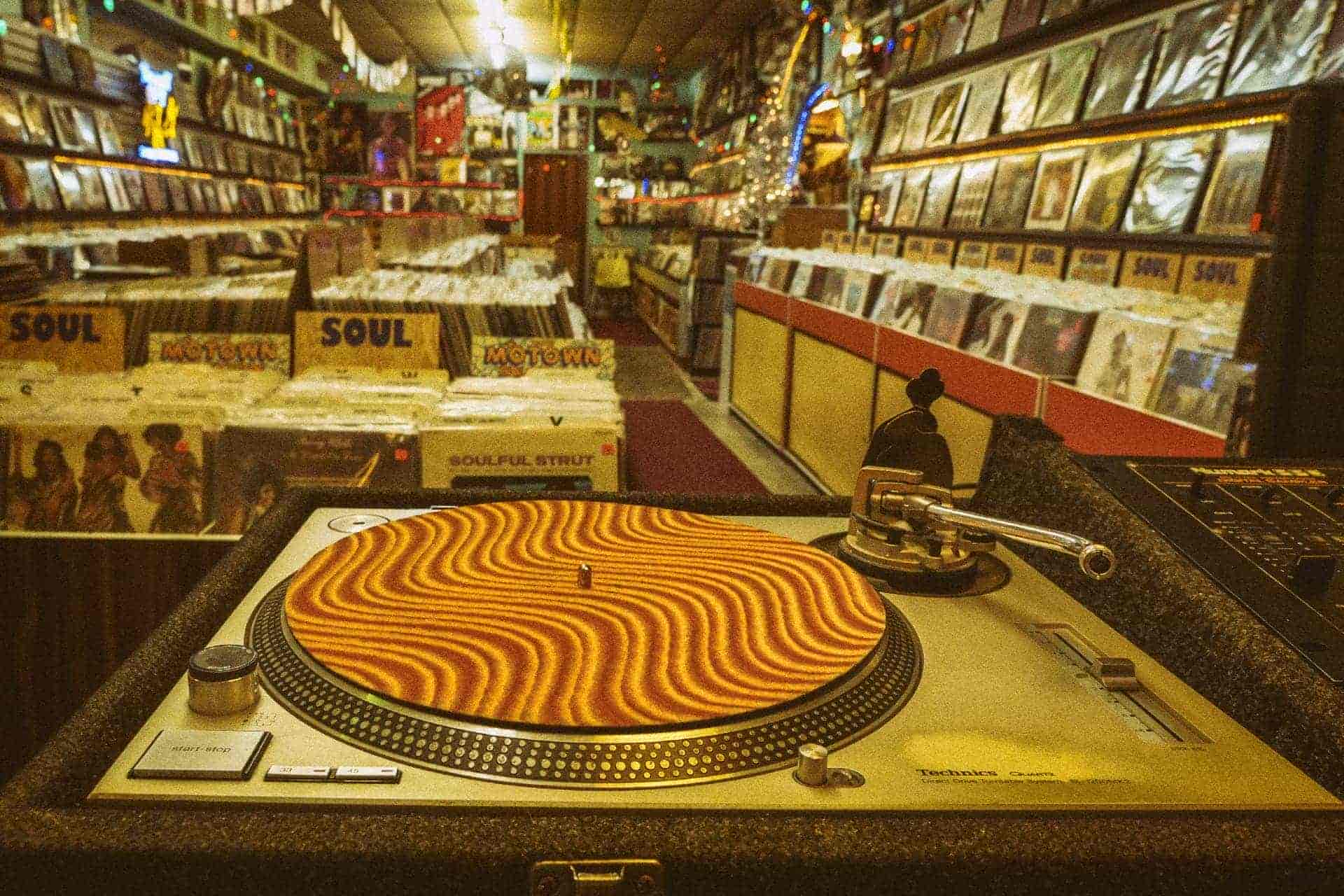Marketing Manager | Posted on | others
Everything You Need to Know to Effectively Run Your Music Store
0
755 Views
Running a music store can be both rewarding and challenging. It's a business that caters to musicians, enthusiasts, and aspiring artists, offering a wide range of musical instruments and accessories. To succeed in this industry, it's essential to not only offer quality products but also provide excellent customer service. In this guide, we'll explore key strategies for effectively running a music store that thrives in a competitive market.
Quality Product Selection
The foundation of any successful music store is the quality and variety of musical instruments and accessories it offers. Stock your store with reputable brands and a diverse selection of products. This ensures that customers can find the instruments they need, whether they are beginners or professional musicians. Keep up with industry trends to stay relevant and offer the latest innovations.

Knowledgeable Staff
Your staff should be knowledgeable about the products you sell. Hiring employees who are passionate about music and have expertise in different instruments can greatly enhance the customer experience. They should be able to answer questions, provide advice, and assist customers in finding the right instrument for their needs and skill level. This is because providing excellent customer service is crucial for building a loyal customer base. Encourage your staff to go the extra mile to assist customers. Offer personalized recommendations, provide product demonstrations, and be attentive to customer inquiries. A positive shopping experience can lead to repeat business and word-of-mouth referrals.
Competitive Pricing
While offering quality products is important, pricing also plays a significant role in attracting customers. Research the pricing of similar products in your area and online. Aim to offer competitive prices without compromising on quality. Consider bundling accessories with instruments or providing special promotions to incentivize sales.
Music Lessons and Workshops
Many music stores offer music lessons and workshops, which can be a significant revenue stream. Employ qualified music instructors to provide lessons in various instruments. These lessons not only generate income but also create a sense of community around your store. Hosting workshops and events can also attract potential customers and enhance your store's reputation.
Effective Marketing
Develop a strong online presence through a professional website and active social media channels. Showcase your products, provide informative content about music, and engage with your audience. Utilize email marketing campaigns to keep customers informed about promotions, new arrivals, and events. Effective marketing strategies can significantly increase your store's visibility and customer reach.
Inventory Management
Efficient inventory management is the heartbeat of your music store. It ensures that you have the right instruments and accessories in stock while preventing excess or obsolete items from taking up valuable space. Invest in the top music store inventory management software that can help you track stock levels, monitor the performance of different products, and forecast future inventory needs. Regularly review your inventory turnover rates to identify slow-moving items that might require promotions or clearance sales. By maintaining a well-organized and up-to-date inventory, you can not only satisfy customer demands promptly but also optimize your store's profitability.
Store Atmosphere and Presentation
The ambiance of your music store is a multifaceted aspect that deserves careful attention. It goes beyond merely housing musical instruments; it's about creating an immersive and memorable experience for your customers. Start by crafting a welcoming atmosphere that resonates with the essence of music. Consider the use of warm colors, comfortable seating areas, and tasteful decorations that reflect the artistic nature of your products. A well-designed store layout is critical; organize your store logically, grouping similar instruments and accessories together, and providing clear signage to help customers navigate effortlessly.
Proper lighting is essential to showcase your instruments and accessories effectively. Ensure that each item is well-lit to highlight its unique features and craftsmanship. Experiment with various lighting techniques, such as spotlights, to create focal points for special displays or newly arrived instruments. Don't underestimate the impact of natural light, if available; it can create a more inviting and vibrant atmosphere.
Displays are pivotal in conveying the beauty and capabilities of your musical products. Invest in quality display cabinets and stands that not only enhance the aesthetics but also provide easy access for customers to examine the instruments. Arrange instruments with care, ensuring they are in tune and ready to be played by curious customers. Consider offering headphone stations where customers can test electronic instruments or headphones for a more immersive experience.
Additionally, think about the acoustics within your store. Music is all about sound, and a well-designed acoustic environment can significantly enhance the customer experience. Explore materials that dampen sound to reduce echoes and create a more pleasant auditory atmosphere.
Lastly, engage the senses. Consider playing soft background music that complements the instruments on display. Offer customers the opportunity to try out instruments, encouraging them to experience the magic of music firsthand. By attending to every detail of your store's ambiance, you can create a space that not only attracts and retains customers but also fosters a deeper appreciation for the world of music.
Final Thoughts
Running a music store effectively involves a combination of offering quality products, providing exceptional customer service, competitive pricing, music lessons and workshops, effective marketing, efficient inventory management, and creating an inviting store atmosphere. By focusing on these key strategies, you can establish a music store that not only meets the musical needs of your community but also fosters a loyal customer base. In the dynamic world of music retail, adaptability and a commitment to excellence are the keys to long-term success.

